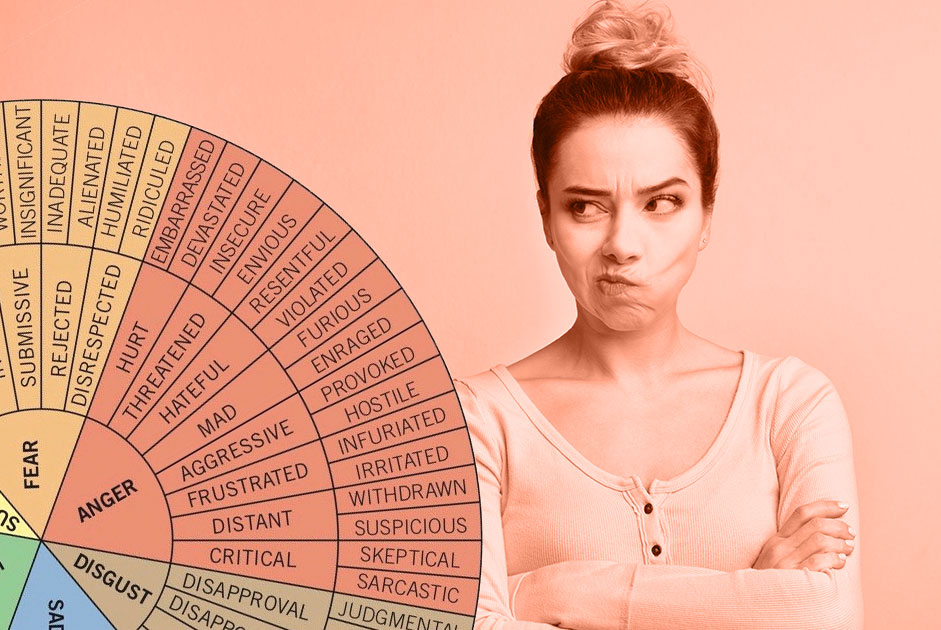Forgive and forget.
Move along.
Don’t be mad.
Is anger helping anyone?
How often are you told to get rid of anger? Growing up, anger was seen as this horrifically negative thing – something we should try to get rid of as soon as possible. Therapy, doctors, even science tells us that anger is associated with an increased level of hypertension – all of these things jump on the cultural expectation that anger is to be controlled and avoided.
So instead of being allowed to feel anger, we’re taught to fear it and run from it, while people that keep their anger in check are considered to be model citizens – anger belongs behind closed doors. This is even worse when you’re a woman: be soft-spoken, apologize often, and only show “nice” emotions.
Something that people miss with anger is that it isn’t a personality trait for most people. It’s an emotion like happiness, sadness, and excitement – emotions are passing and they are caused by actions and behaviors. The things we dislike about anger – aggression, violence, hostility – are actions, not emotions. While anger can make you do those actions – so can other emotions!
Now think: are we supposed to avoid emotions?
Nope.
Emotions are real, valid and things that shouldn’t be suppressed. When you suppress emotions, what happens? Think about a bottle of seltzer or a can of soda – when it’s agitated it builds up pressure. When the pressure gets too high, the can or bottle can explode. That pressure is what makes emotions like anger negative: repressing anger can even cause things like hypertension and heart disease.
So how do we feel our anger in a way that is healthy and not bottle it up in a way that essentially eats away at our soul?
Identify the emotion, watch the behavior
I’ve said this before – if you struggle with naming emotions, look up the Feeling Wheel. Get in a habit to identify your emotions, the positive AND the negative. If you’re aware of your emotions you can see what behaviors are associated with those emotions.
For example, some folks may lash out when they are feeling angry or sad. This lashing out might cause them to hurt other people – and this is often when people think anger is negative – because of the behavior that is associated with emotion.
When you notice the emotion and stop the negative behavior – you have to replace the negative with something positive.
Rewrite the Behavior
Use your anger for good things.
YES – anger can lead to aggression – it can also be an incredibly motivating force. A lot of studies show that anger tells us that there needs to be a change. Look at that anger and see where it comes from – and then use it to make something happen.
Anger can be a tool that helps us see when something is wrong, so try to connect the anger to direct action or behavior. Think of assertive communication: you’re feeling angry because of emotion or behavior, not because of a specific person.
Exercise Caution
Because so many of us have been trained to repress anger, people can be startled or overwhelmed when you’re experiencing anger authentically. This isn’t to say “don’t experience it”; this is to say that you should be clear it’s not projected on to other people, and you’re very clear that the emotion you are experiencing is related to a behavior or action. Since anger has led to violence and aggression, it can be very triggering to some people. Proceed with caution.
Pause if Necessary
When in doubt: pause. When you recognize that you’re feeling anger, and need to FEEL it instead of repress it, take a moment to breathe. Life is generally better when you respond versus react.






















